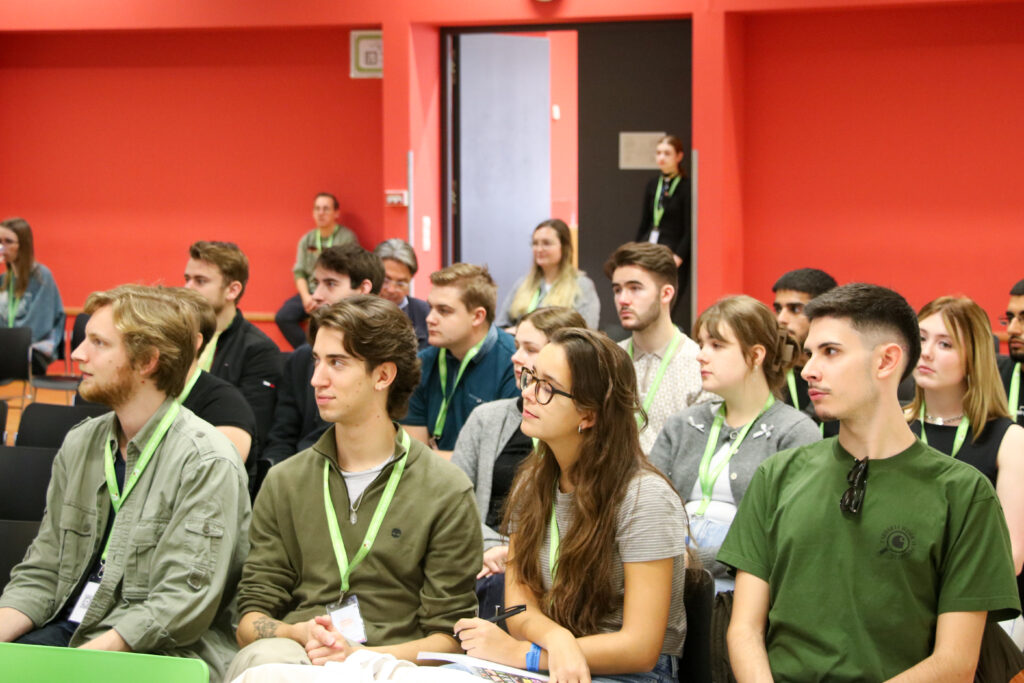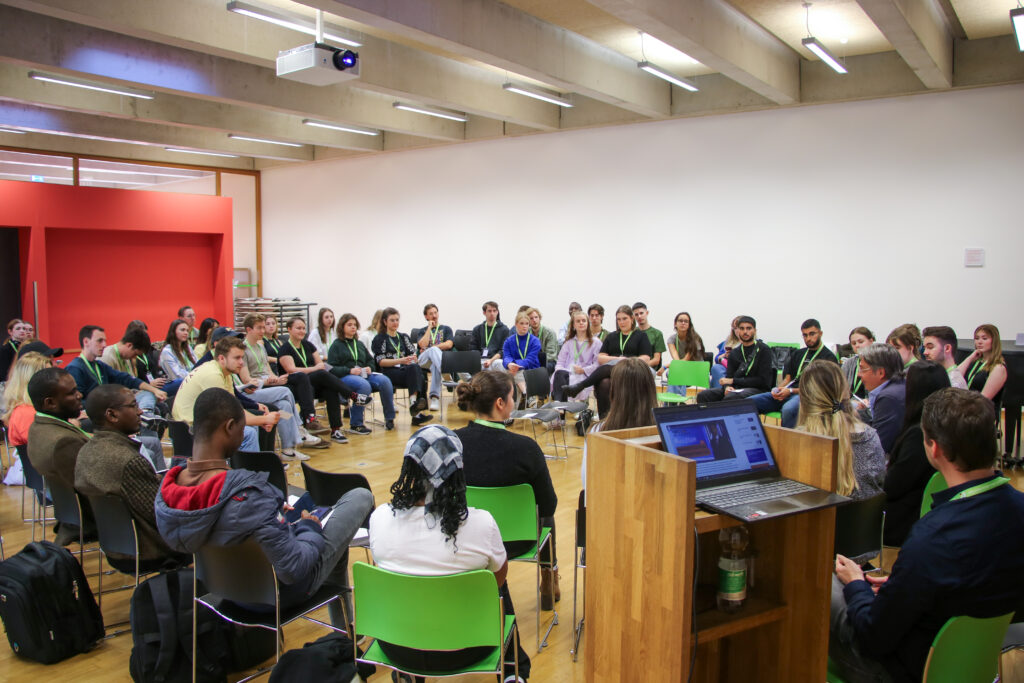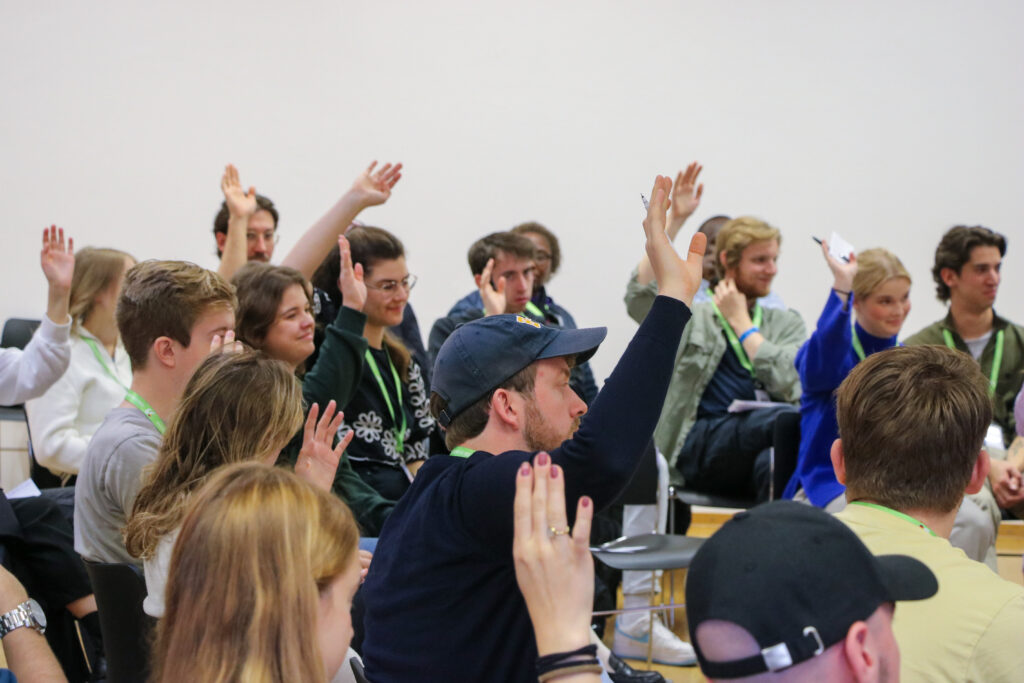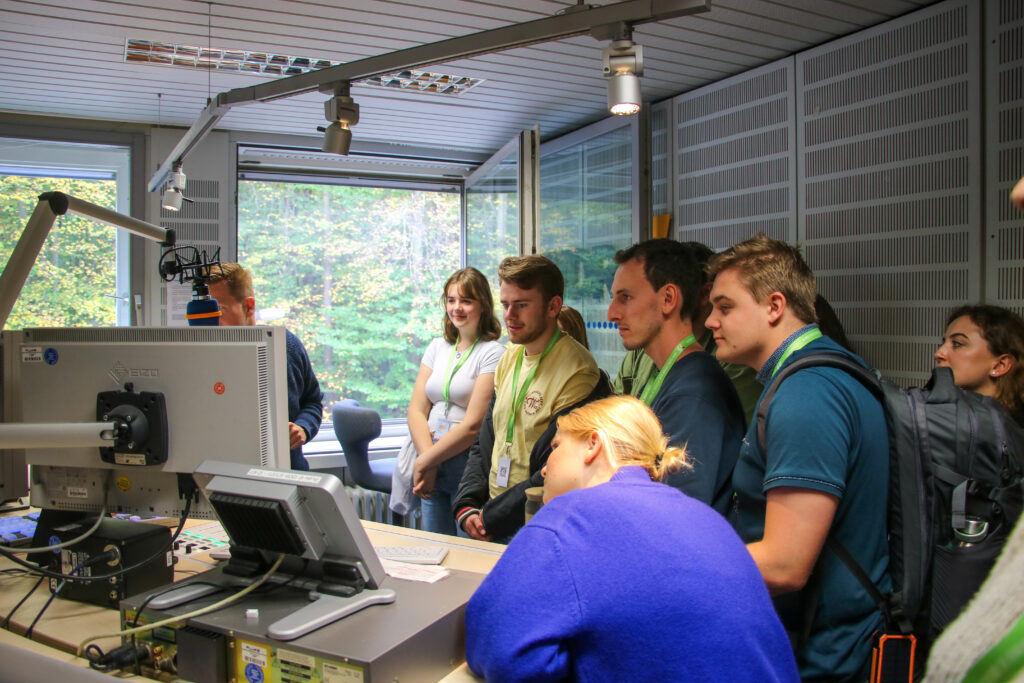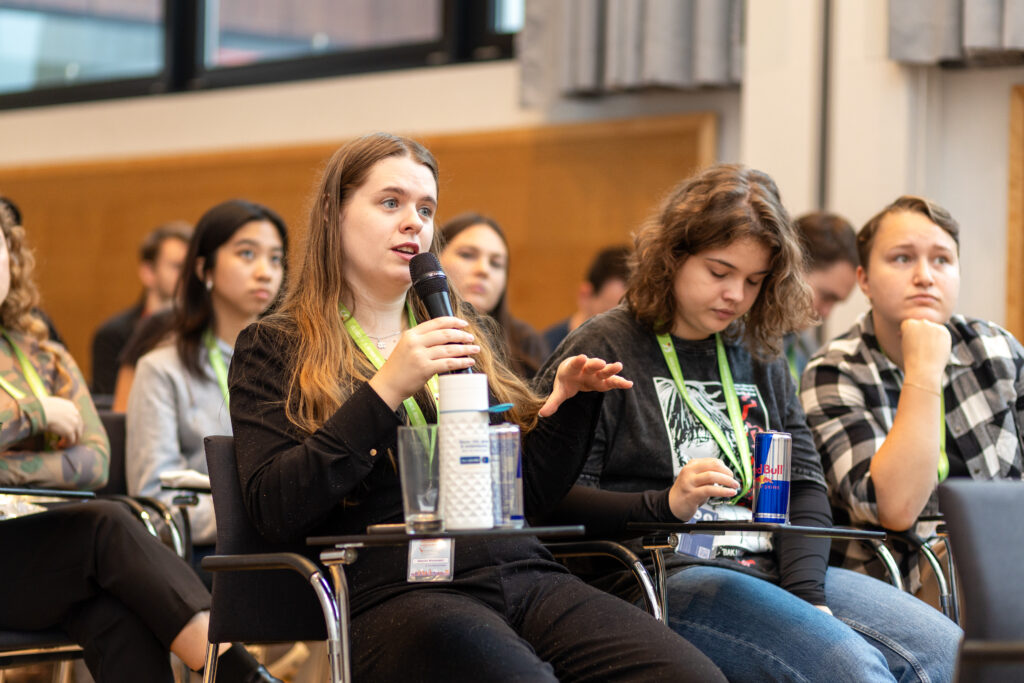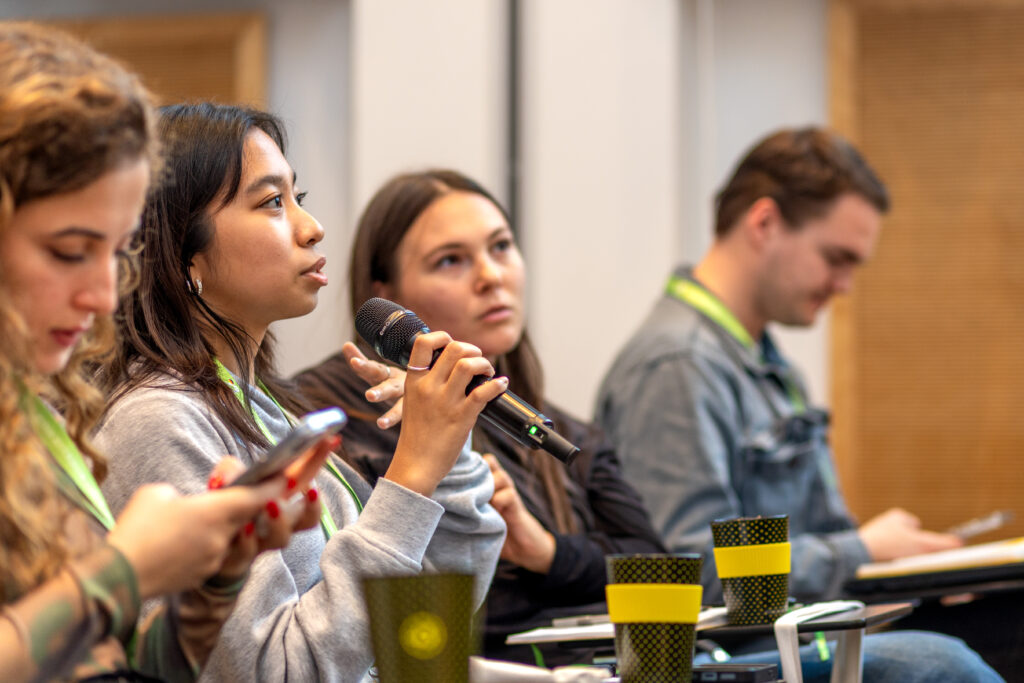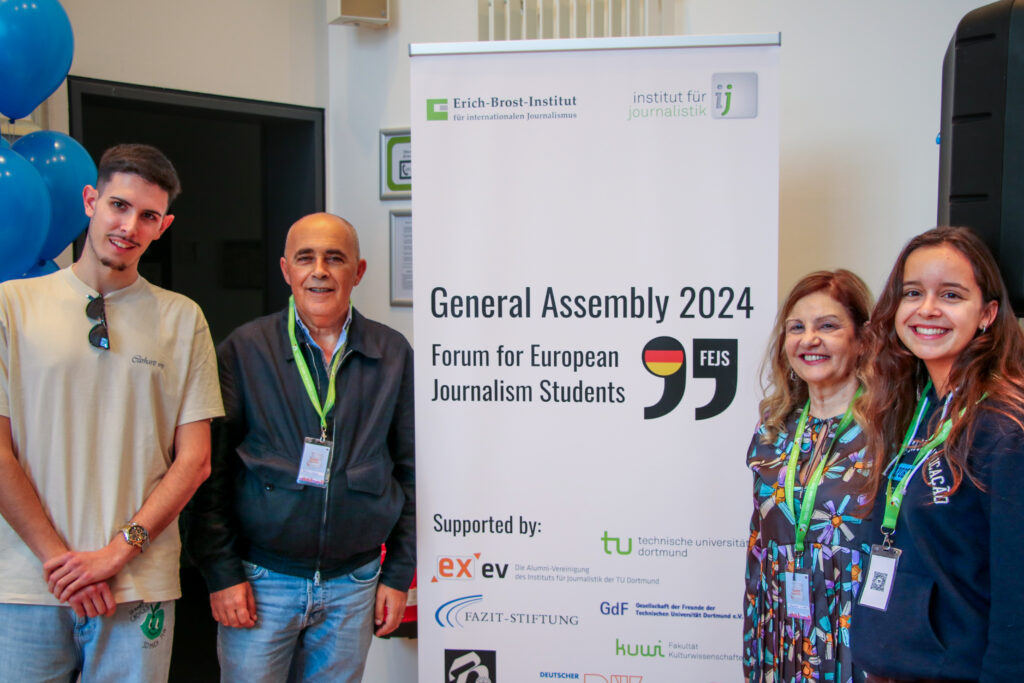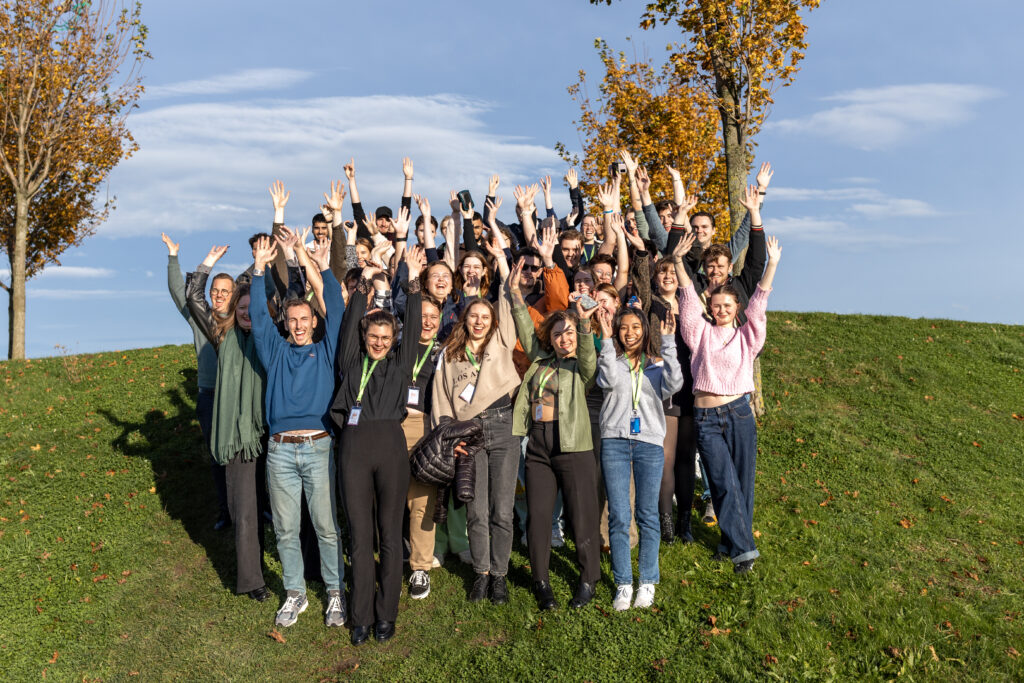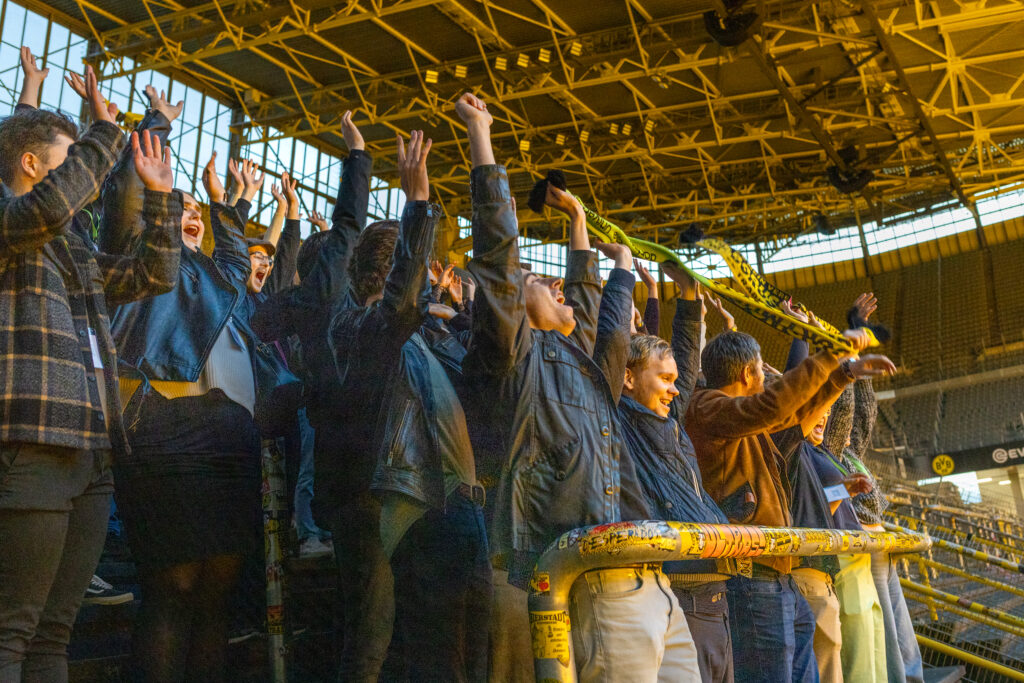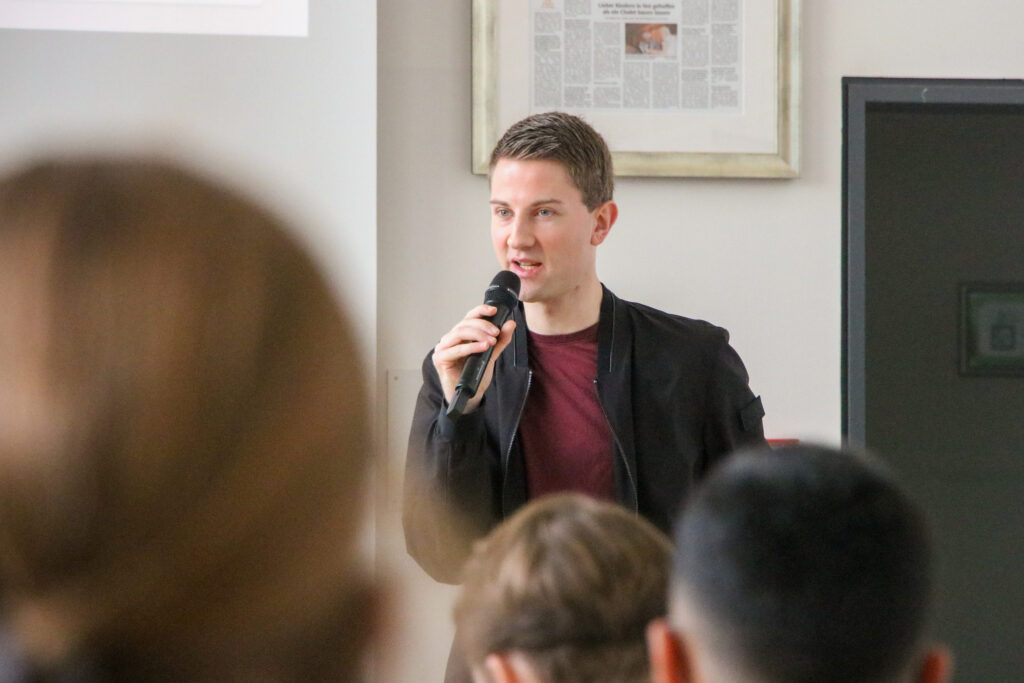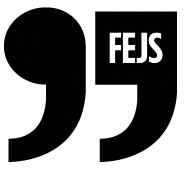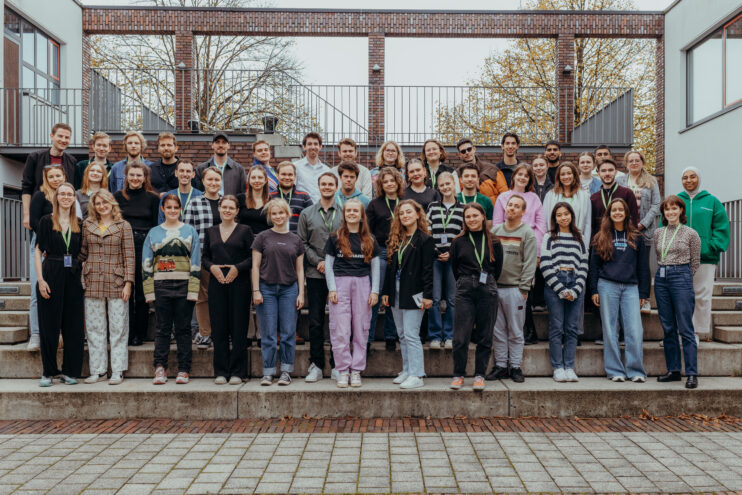Under the title “Beyond the Headlines: The Power of Investigative and Slow Journalism”, the Forum for European Journalism Students (FEJS) organised its General Assembly 2024 at the Erich Brost Institute for International Journalism and Institute of Journalism at TU Dortmund University two weeks ago. Almost 50 journalism students and young journalists from 16 countries travelled to Dortmund for the event from 17 to 21 October.
Text: Richard Brandt
All photographs: Charlotte Groß-Hohnacker & Merle Rickers / Institute of Journalism, TU Dortmund University
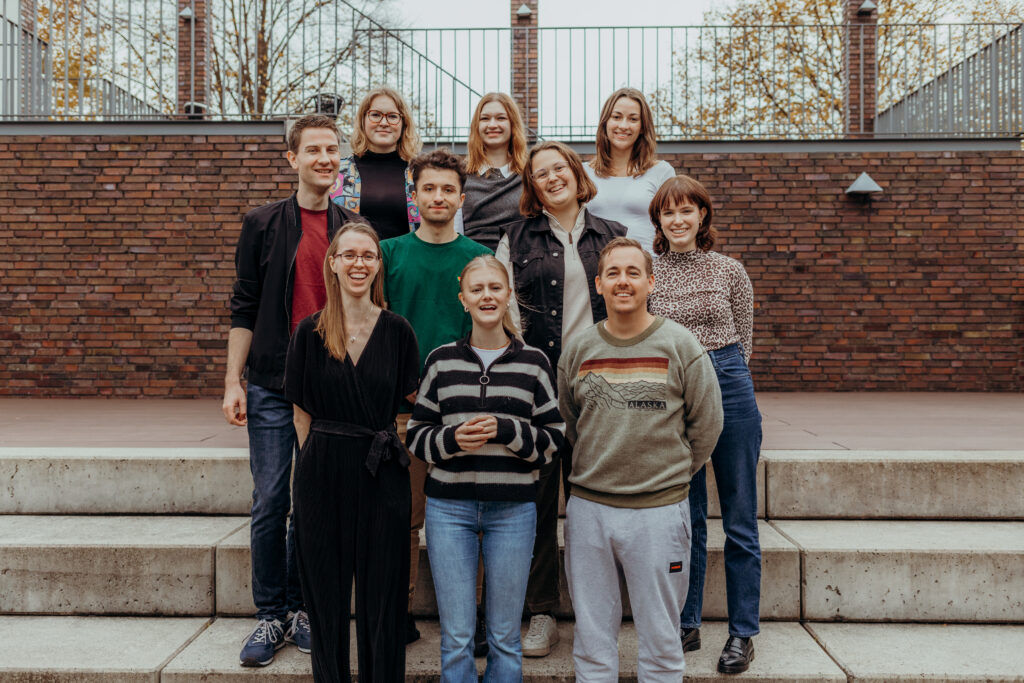
The German Organising Committee, consisting largely of journalism students from Dortmund, spent months preparing for the FEJS General Assembly 2024. The decision to hold the event in Dortmund was made back in November 2023, when Richard Brandt, former research assistant at the Institute of Journalism at TU Dortmund University, and other journalism students travelled to Marseille for the FEJS General Assembly 2023. At the meeting, the members voted on the venues for FEJS events in 2024. While the Annual Congress was held in Helsinki, Finland, in April this year, the vote for the General Assembly 2024 went to Dortmund.
Journalists from CORRECTIV and ICIJ as guest speakers
In line with the mission of the Forum for European Journalism Students to promote the exchange and further education of young journalism students in Europe, an exciting agenda awaited the participants and their guests.
Renowned guest lecturers gave the FEJS members valuable insights into the topics of investigative and slow journalism. Andreas Eckardt, Deputy Director of NBC News Europe, exchanged ideas with the students in an open discussion on the topic of “Is Slow Journalism a New Phenomenon?” and addressed the topic of self-care, which is essential for journalists. Jelena Cosic, Training Manager and Eastern European Partnership Coordinator of the International Consortium of Investigative Journalists (ICIJ), presented the work and award-winning research of the investigative network, including on the Panama and Pandora Papers. She emphasised how important it is for future journalists to have an investigative mindset and to network across borders.
The presentation by Marcus Bensmann from the non-profit German media organisation CORRECTIV was eagerly awaited. He reported on his team’s research into the meeting of high-ranking AfD politicians and right-wing extremists in Potsdam last November and the “secret plan against Germany” developed there, which envisaged the expulsion of millions of people from Germany. CORRECTIV’s research triggered nationwide protests at the beginning of this year and caused a stir beyond Germany’s borders.
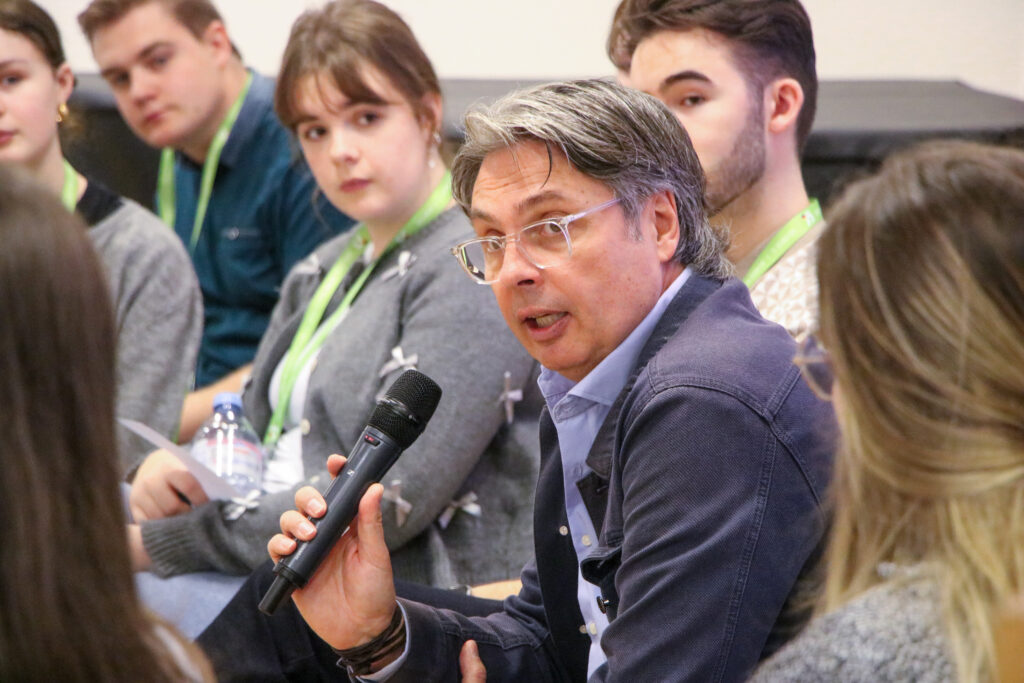
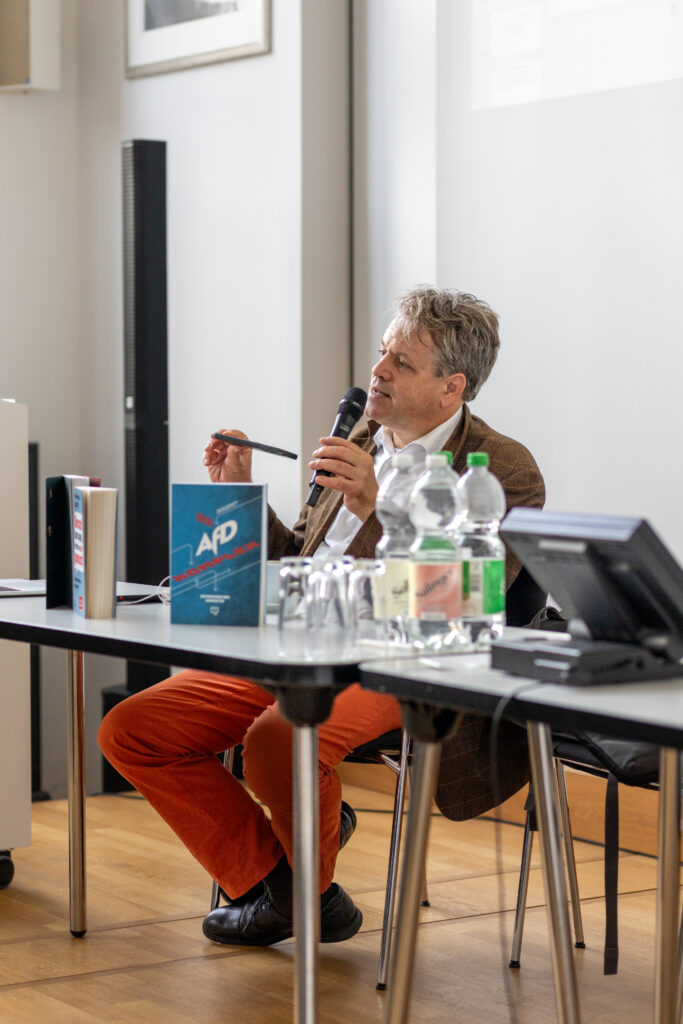
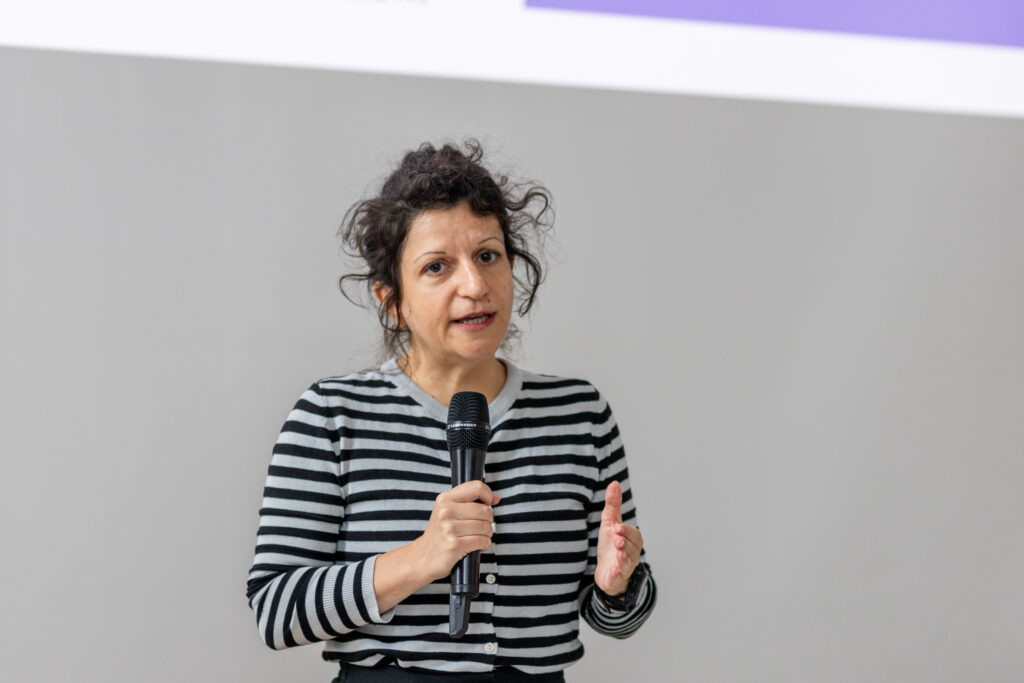
European issues take centre stage
Eva Fischer, freelance international correspondent and reporter for the Berlin newspaper Tagesspiegel, among others, showed the journalism students how to find and analyse relevant sources at European level and thus contribute to critical EU and European reporting. Her presentation preceded the official launch of the EU-funded project “COPE: Covering Cohesion Policy in Europe – Training MOOC for European Journalism Students”, which was celebrated with representatives of the European Commission and the partners and universities involved in the project. Under the leadership of the Institute of Journalism at TU Dortmund University, the COPE team including the European Journalism Training Association (EJTA) has developed a comprehensive online course consisting of 14 modules over the past two years, which is intended to train future journalists in critical EU and European reporting in all 27 EU member states and in all official EU languages.
The FEJS members also had the opportunity to network with each other and with journalists and decision-makers from Dortmund. In addition to visiting the two editorial offices of Dortmund’s local radio station “Radio 91.2” and the German public broadcaster “Westdeutscher Rundfunk” (WDR), the FEJS members also benefited from a guided city tour, organised and supported by the Dortmund Economic Development Agency. Journalism students from Dortmund also showed the European guests around the studios of the campus media eldoradio and KURT.
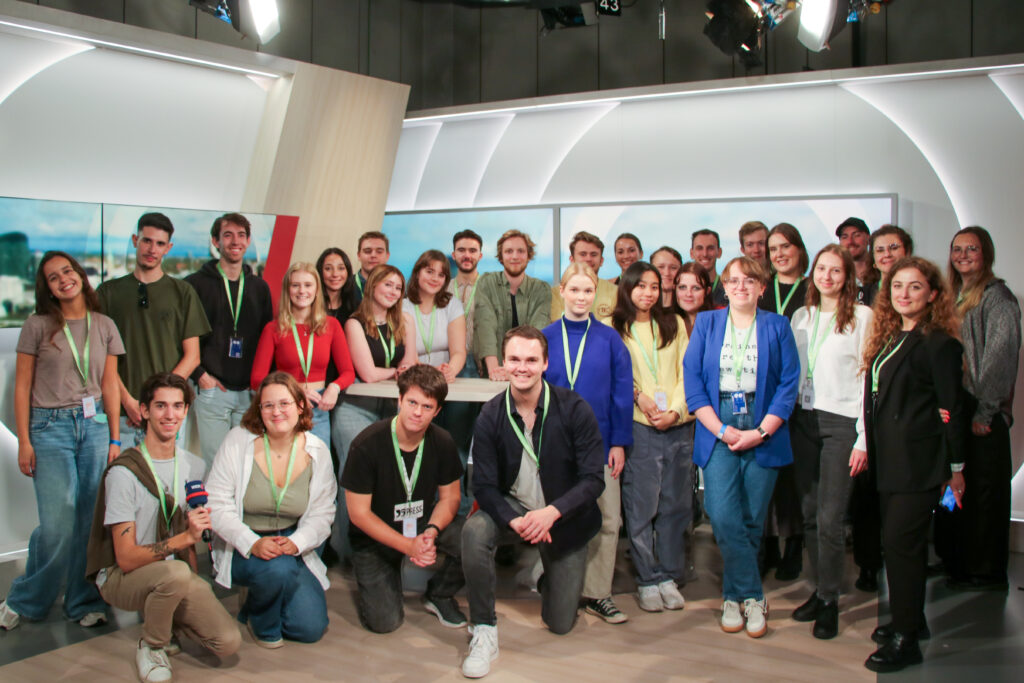
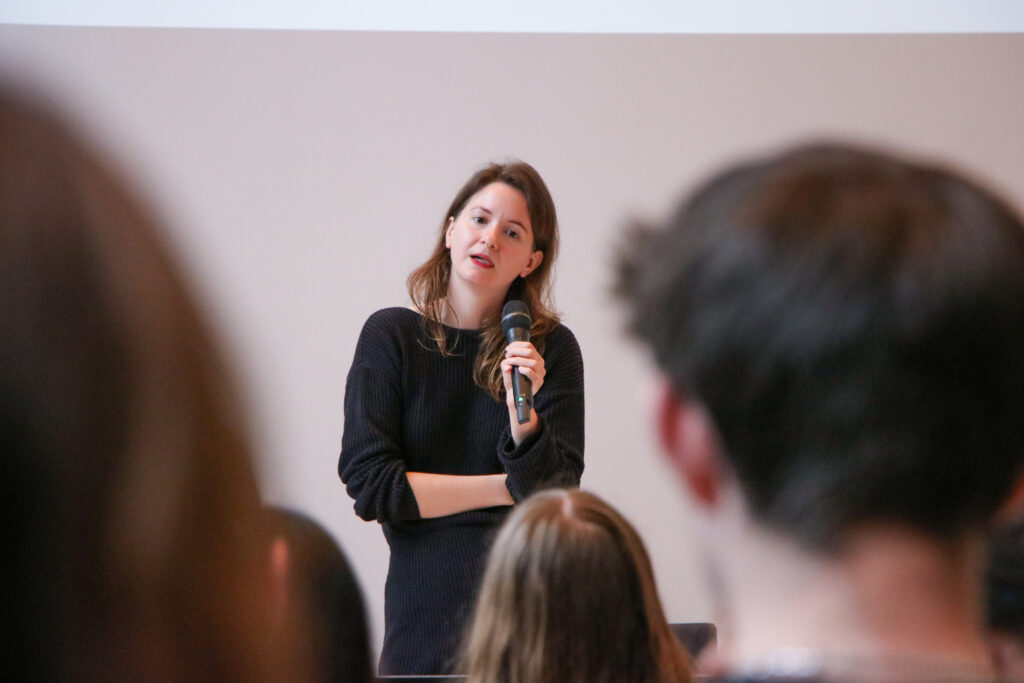
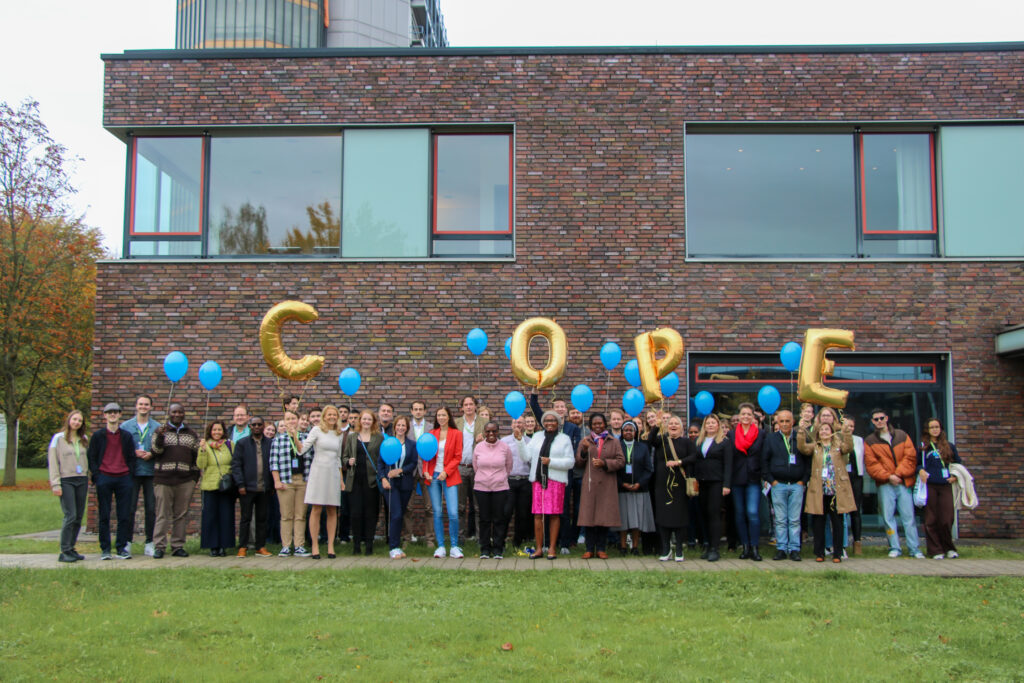
Eventually, the participants voted on the new members of the Executive Board and Secretariat, the two central FEJS bodies, as well as the venues for future events. In addition to the already announced location for the Annual Congress 2025, which is expected to take place in Krakow next May, the participants decided to hold the next General Assembly in Porto in Portugal in autumn 2025 and the subsequent Annual Congress in Tilburg in the Netherlands in spring 2026.
For further information about the Forum for European Journalism Students, visit the FEJS website: https://fejs.info/.
In case you have questions or remarks, you can always reach out to the FEJS Executive Board (eb@fejsint.org) and/or the FEJS Secretariat (fejssec@gmail.com).
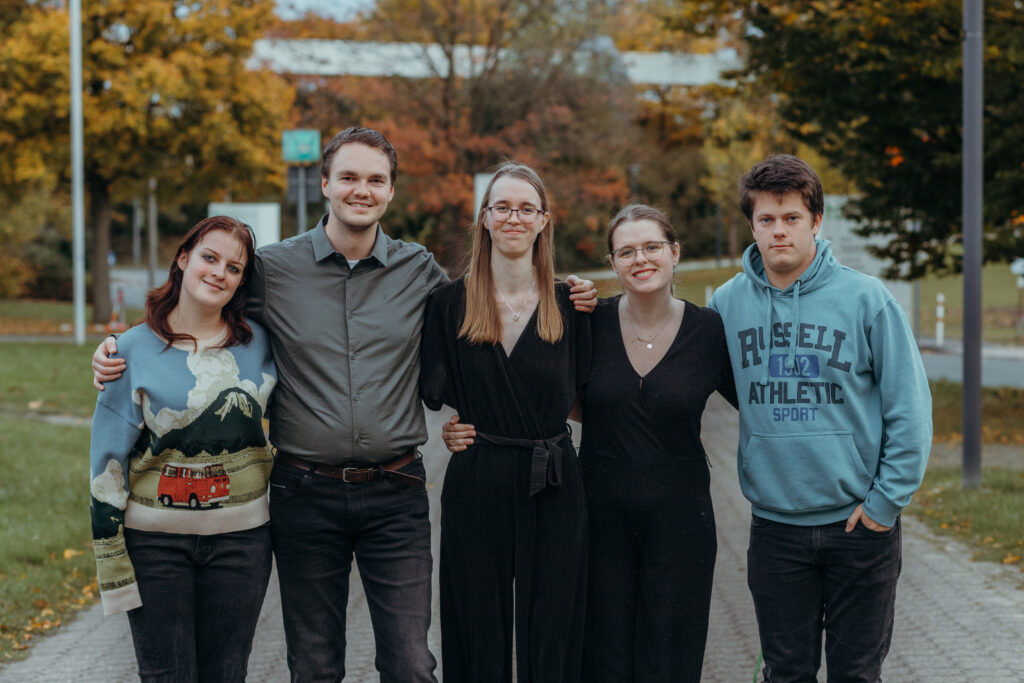
Thank you for the immense support!
The Forum for European Journalism Students (FEJS) and especially the German Organising Committee led by Richard Brandt would like to thank their partners, the Erich Brost Institute for International Journalism and the Institute of Journalism at TU Dortmund University, for their great support in preparing and organising the event.
The team would also like to thank the numerous sponsors who supported the FEJS General Assembly 2024 in Dortmund financially or with donations in kind and thus made the successful organisation of the event possible. These sponsors include the ZEIT-Stiftung Bucerius, the Johanna-Quandt-Stiftung, the FAZIT-STIFTUNG, the Stiftung Presse-Haus NRZ, the Werner Richard – Dr Carl Dörken Stiftung, the Gesellschaft der Freunde der TU Dortmund (GdF), the German Journalists Association (Deutscher Journalisten-Verband – DJV), audiowest media GmbH, Radio 91.2, the Borussia Brewery, the Signal Iduna Group, the City of Dortmund’s Economic Development Agency, ex e.V. – Alumni Association of the Institute of Journalism at TU Dortmund University, the Faculty of Cultural Studies at TU Dortmund University and TU Dortmund University itself. It is great and encouraging to see so many partners supporting the international exchange of young students and future journalists in Europe!
